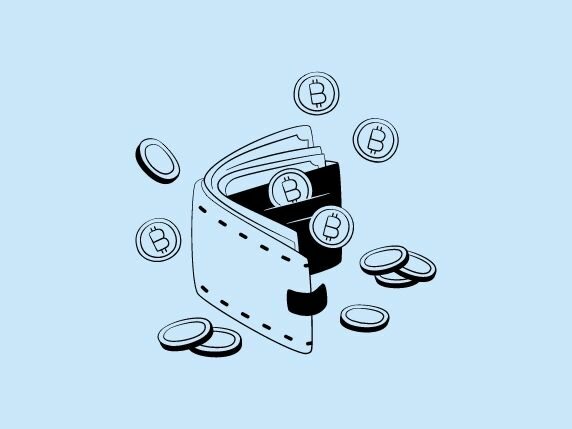Everyone has something to say about Bitcoin right now. Recent reports suggested that the price of Bitcoin hit a new low in the wake of a decision by China to impose new limits on cryptocurrency use. Officials in Beijing banned financial institutions and payment companies from providing services related to transactions using the currency. The Chinese administration also warned investors against speculative crypto-trading.
The sanctions followed hot on the heels of an announcement by the carmaker Tesla, who said it would no longer accept the currency. In March, the firm's owner Elon Musk, who holds £1.5bn worth of the currency, unexpectedly announced that the electric car maker would allow customers to buy cars using Bitcoin. But recently he performed a U-turn and suspended vehicle purchases using Bitcoin due to environmental concerns. His fears appear to centre on Bitcoin mining - the energy-intensive process through which the digital currency is generated, using high powered computers. Concerns have also been raised by the Bank of England Governor Andrew Bailey. When asked about the increasing use of cryptocurrencies earlier this month he warned they 'have no intrinsic value'. And he said people who invest in them should be 'prepared to lose all their money.'
John Pauley, a financial services solicitor at Harper James, specialising in payment services, electronic money and consumer credit, provides his opinion. He explains why Bitcoin and other cryptocurrencies are here to stay, but are unlikely to replace conventional payment methods anytime soon.
'Whether or not the governor of the Bank of England recognises it, cryptocurrencies can, and more frequently are, being used as payment for goods and services. Despite the decision from Tesla, in certain areas you will still find a range of businesses that choose to accept payment by virtual currencies. The Bank Of England Governor has rightly said about investments that you should be prepared to lose all. This view is most likely based on the volatility of the market and also the amount of virtual currencies there are. I’ve no doubt cryptocurrencies are here to stay and are likely to persist. At present there are inherent limits in the blockchain related to processing which mean cryptocurrencies cannot be processed as quickly, or in such high volume as normal payment methods. Conventional payment can be near instantaneous - but cryptocurrencies are nowhere near this point, though some companies may provide solutions which can help improve this.
The blockchain that underpins cryptocurrencies means that there is a public register of all transactions linked to all wallets that cannot be corrupted. However, all wallets are anonymous and not directly linked to an individual. Over time however, certain wallets have been identified and confirmed as being linked with criminal activity. More and more companies and individuals are developing expertise to identify high-risk wallets. This allows them to identify risks as to whether or not particular transactions and/or wallets may be linked to criminal, or at least suspicious, activity. But there is still much work to be done in this area. Most mainstream banks are less likely to be accepting of cryptocurrencies any time soon. With the advent of regulation of cryptocurrency exchanges and crypto custodians, which became effective from January 2020, there is some regulation in place. But it is limited and could benefit hugely from being extended in the near future to keep up with current trends and the range of new cryptocurrencies which are likely to emerge.'
Is your business just starting out and in need of banking and finance help? For advice and terms and conditions, as well as a range of other useful financial legal matters, get in touch.







